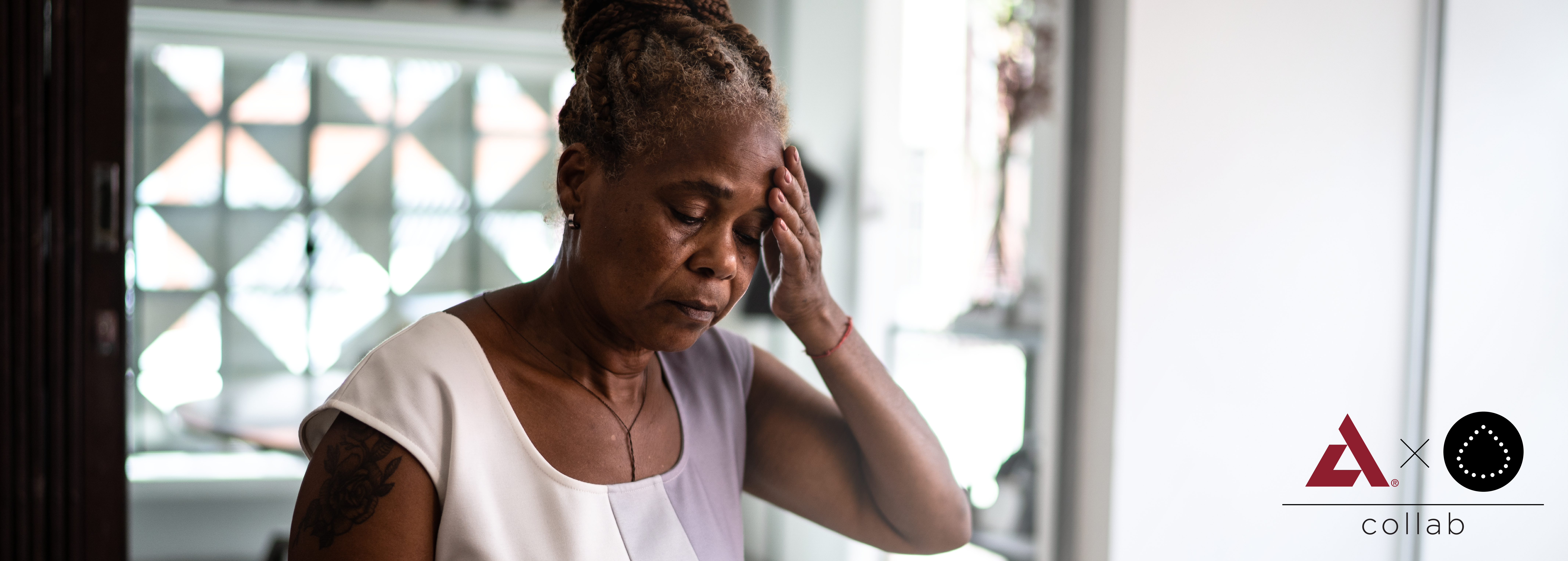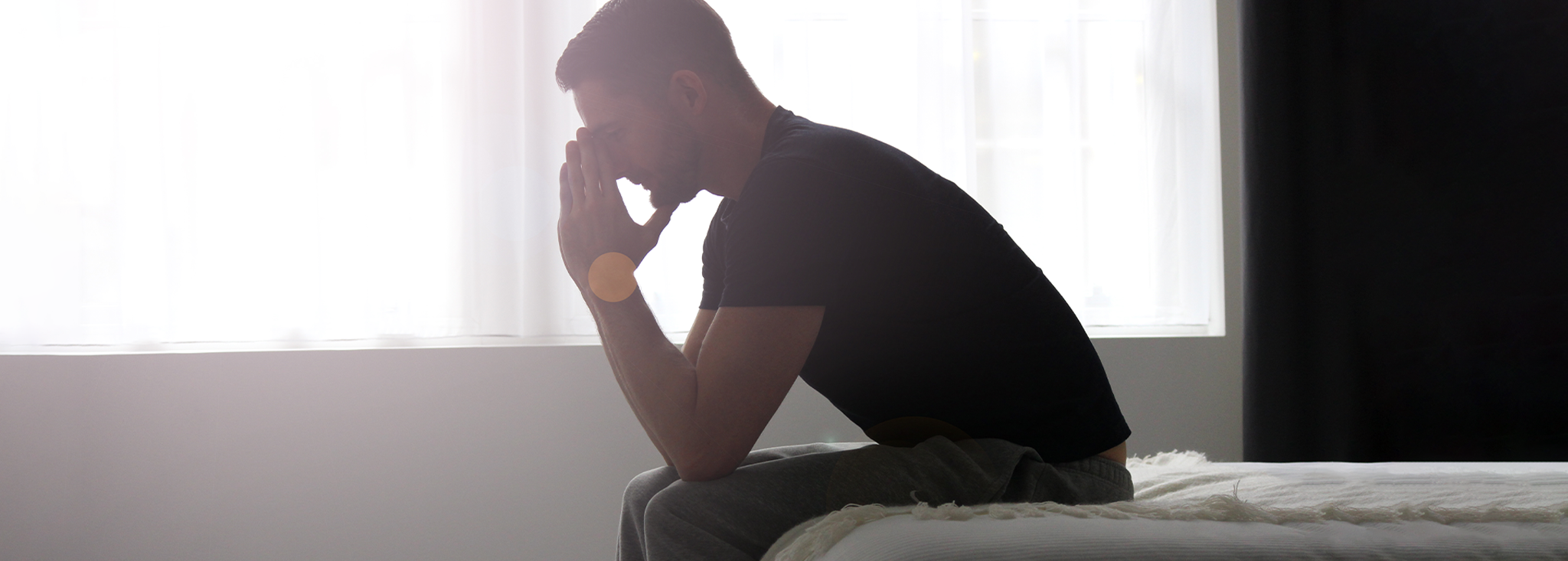Diabetes Burnout
Written by: Mark Heyman, PhD, CDE
3 minute read
January 12, 2016
Diabetes burnout is a state in which someone with diabetes grows tired of managing their condition, and then simply ignores it for a period of time, or worse, forever.
Diabetes burnout is part of our Mental Health series. Type 1 isn’t just about counting carbs, checking blood glucose levels (BGLs) and administering insulin. The disease takes an emotional and psychological toll as well. Check out other clinical information and personal stories about Mental Health.
Have you ever felt like you are just “done” with diabetes?
Are you sick and tired of doing everything you’re supposed to do, but feel like your blood sugar is still out of control? Do you feel like you don’t care anymore about managing diabetes and want to just give up? If any of these things sound familiar, you may be experiencing diabetes burnout.
Diabetes burnout is a state in which someone with diabetes grows tired of managing their condition, and then simply ignores it for a period of time, or worse, forever. Unfortunately, diabetes burnout is common, and most people with type 1 diabetes (T1D) have experienced it at some point in their lives. After all, if you have T1D, you have to be “on” 24/7, and as much as we would like one, there are no breaks. People who experience diabetes burnout aren’t necessarily depressed and are certainly not lazy. In fact, almost everyone with diabetes, even those experiencing burnout, want to live long healthy lives. But sometimes diabetes can feel overwhelming and folks can get burned out from all the hard work.
What does diabetes burnout actually look like? While it may look different in people, there are some common signs and symptoms. These include:
- Strong negative feelings (e.g., overwhelmed, anger, frustration) about diabetes
- Feeling controlled by diabetes
- Isolation, or feeling alone with diabetes
- Avoidance of some, or all diabetes management activities and being unmotivated to change this behavior
If you have T1D and are feeling burned out, please know that there is hope! Diabetes is hard work, and until we have a cure, it will continue to be hard. However, there are some things you can try that can help you overcome, and even prevent, feelings of burn out.
Manage your expectations
People with T1D tend to be really hard on themselves. They expect a lot from themselves, and when they don’t meet their own expectations, it can be frustrating. Anyone who lives with T1D knows that it is almost impossible to do everything “right” all the time. And even if you do everything “right”, your blood sugar can have a mind of its own and do some crazy things. If you expect perfection, and perfection is not possible, it’s normal to want to give up. Instead, try cutting yourself some slack. It’s okay to strive for perfection, but it’s important to cut yourself some slack sometimes and be okay with slipping up. And remember that sometimes, having wacky blood sugars is part of having diabetes.
Take small steps
Diabetes takes a lot of hard work and sometimes everything can seem overwhelming. When things get overwhelming, you may not even know where to start. Instead of tackling a big task all at once, try breaking it down into small steps that you know you can accomplish. For example, telling yourself you want to reduce your A1C from 8 percent to 7 percent may sound like a Herculean task. However, if that is your goal, identify the specific things you can do today to get there. For example, you can check your blood sugar at least four times a day and count carbohydrates at every meal and take insulin to cover. Taking small steps can make achieving big goals seem a lot more obtainable.
Get support
Feeling like you’re alone in your life with diabetes is a big risk factor for diabetes burnout. With diabetes, isolation is one the biggest risk factors for becoming burned out. If you feel that nobody understands what you are experiencing or that you are the only person with diabetes that feels this way, life with diabetes can be a lonely place. While feeling supported does not make T1D go away, it can make it easier to live with. Getting support, encouragement and empathy from others can be a critical part of staying motivated to manage your diabetes. Sometimes the people in your life may not know what kind of support you need. Be clear with these people what would be most helpful and what you want them not to do. Remember that other people with T1D can also be a great source of support. These are the folks who know exactly how you’re feeling, because, at some point, they have probably felt the same way. If you don’t know anybody else with T1D, there are resources that can help. Many communities have meet-ups for people with T1D and there is an active diabetes online community on social media.*
If you feel burned out with T1D, you are not alone. Just remember that many people have overcome their burnout and are able to live long, happy and healthy lives with T1D. If you are experiencing diabetes burn out and you feel like you can’t deal with it on your own, it’s important to get help from a mental health professional who understands diabetes. Talk to your endocrinologist to see if s/he can recommend one in your area.
Join the Beyond Type 1 Community!
Check out the Beyond Type 1 app—over 25k people living with type 1 from over 160 countries around the world. Someone is always awake in the app!

Author
Mark Heyman, PhD, CDE
Beyond Type 1 is the largest diabetes org online, funding advocacy, education and cure research. Find industry news, inspirational stories and practical help. Join the 1M+ strong community and discover what it means to #LiveBeyond a diabetes diagnosis.
Related Resources

Thank you to BetterHelp for offering everyone in our community two free weeks of professional...
Read more

Editor’s note: This interview has been edited for time and clarity. Dr. Ann Goebel-Fabbri is...
Read more

This educational content is brought to you by the ADA x BT1 Collab. The following...
Read more

